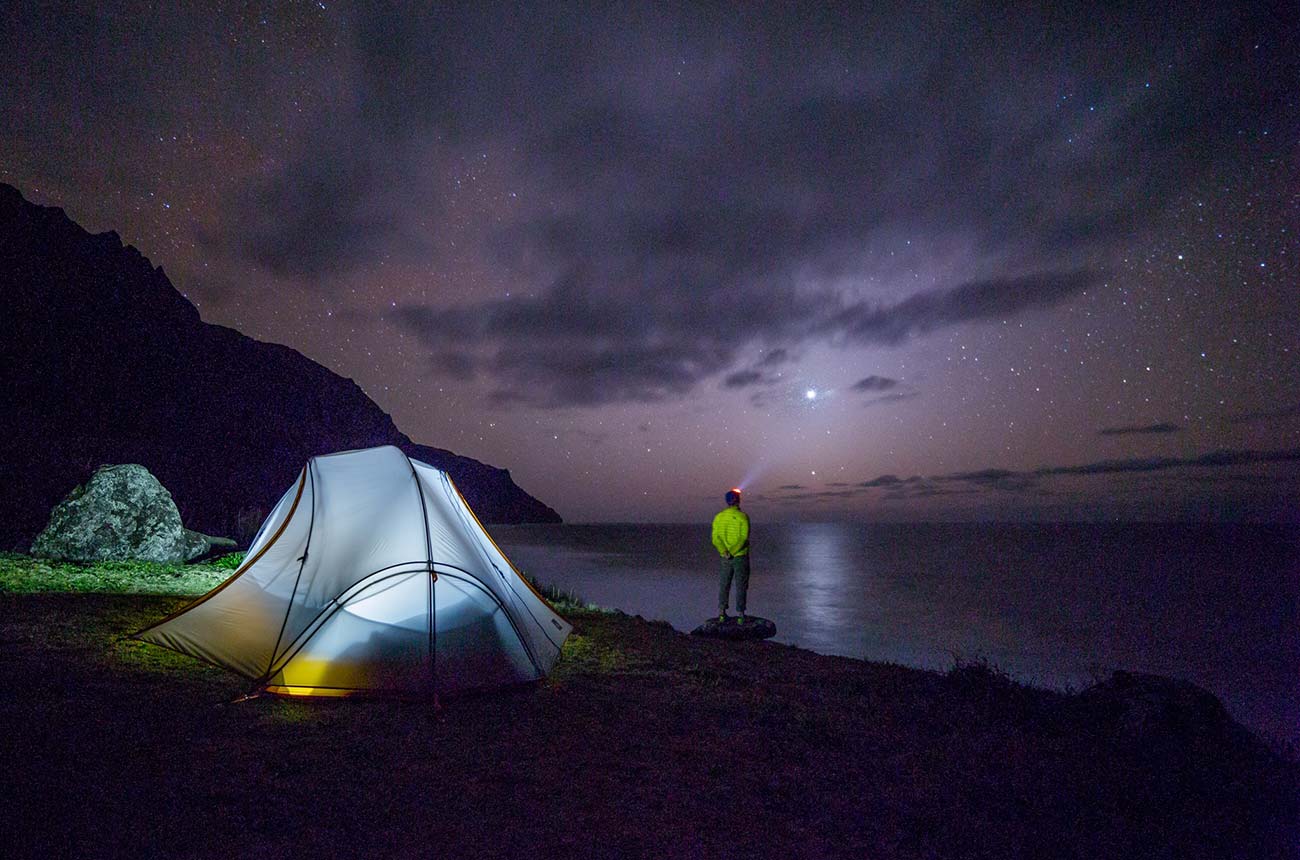
Navigating the Gig Economy
I’ve been freaking about writing this article since I was voted in as President. Unanimous (thank you) apart from Brett Mills who knew I’d dread my quarterly writing duties.
Our industry, and the workforce in general, is in a state of flux.
There’s been a lot in the media lately about the rise of the gig economy. The gig economy “is a free market system in which temporary positions are common and organizations contract with independent workers for short-term engagements.”
One report maintains 40% of the US economy will be a gig economy by 2020 - one year’s time.
As part of the film industry we’re already killing it in the gig economy but the government of any country facing this trend has to deal with the issues of training new workers, unfair contracts, encouragement in restraint of trade, the treatment of workers like full-time staff, workers paying their own tax and workers struggling to convince banks and vendors of their credit worthiness.
Things we’ve all had to deal with at one time or another. Thankfully as our film industry is a NZ specific location based industry our shooting labour cannot easily be outsourced to cheaper labour overseas.
As more of the rest of the world becomes gig we become more gig. We’re often hired for smaller more specific contracts as more work is subcontracted out to save money or compete in the changing market place. I’m sure even the busiest most employed people in our TVC industry have seen this impact on recent jobs.
Clients’ deadlines are squeezed with many TVC’s off to false starts because they can’t get the product to the location in time.
NZ clients are using small one or two crew companies who are Jack of all trades - from writing scripts through to delivery of a final master.
Advertising agencies are trying to do production with freelance directors to save themselves a production company markup.
Production companies are providing the creative and wrangle clients direct to save them paying an agency markup.
It’s not unusual to have many countries involved above the line as all parties outsource - a Japanese client, Singapore advertising agency, French production co, Mexican director.
Sometimes offshore prod cos arrive in NZ having used location file pulls only, with no scout or recce.
There is a new aspect ratio driven by phone format - moving footage shot vertically with a camera on an L plate, or framed 1:1 for social media.
Clearly this is the result of marketing diversifying from traditional broadcast TVC’s and the companies involved adapting to survive.
Dramas too are mixing it up. Post-production companies are doing production. And offshore companies are part shooting for up to a month in NZ, primarily on location, to provide a point of difference.
There appears from my POV very little difference now between a part offshore feature film, episodic drama, or high end TVC, shooting in NZ primarily for its locations.
No matter what the format we need to treat all of the offshore line productions with the same respect - offering up the best available crew, equipment and locations, regardless of where they’re situated. It’s up to those offshore to choose where they want to film and up to us to make it happen.
IMO we are leaders of the gig economy and we have been for many years. Every freelancer is a self-employed, self-motivated business person entitled to have their own terms and conditions, set their rates, choose who they work for, be paid for the hours they work, and make a profit - just like all the other players. And to that end our rate should be commensurate with the length of the engagement rather than the format of the job.
Thankfully we have the SIG to thank for providing us with a set of guidelines from which to start negotiations.
The terms and conditions agreed to in the Blue Book, which is driven by the SIG, are the foundation of pan-industry self-regulating collaboration and we should feel very fortunate to have them. Without these historic advantages we’d be struggling like Uber drivers are now. To those non-members that reap the advantages perhaps you could put your hand in your pocket and support us.
William Goldman (screenwriter Butch Cassidy, Princess Bride) died recently but fittingly his most famous quote “no one knows anything” is more pertinent than ever as everyone scrambles to find where they fit and how they can future proof their careers in our constantly changing industry.
Overall I think, for an industry of rag-tag misfits at the bottom of the world, we’re doing pretty well.































